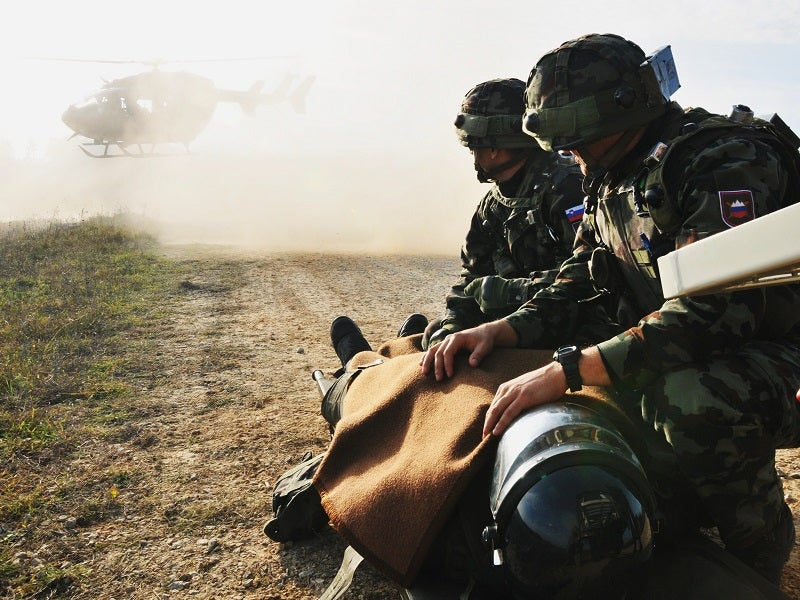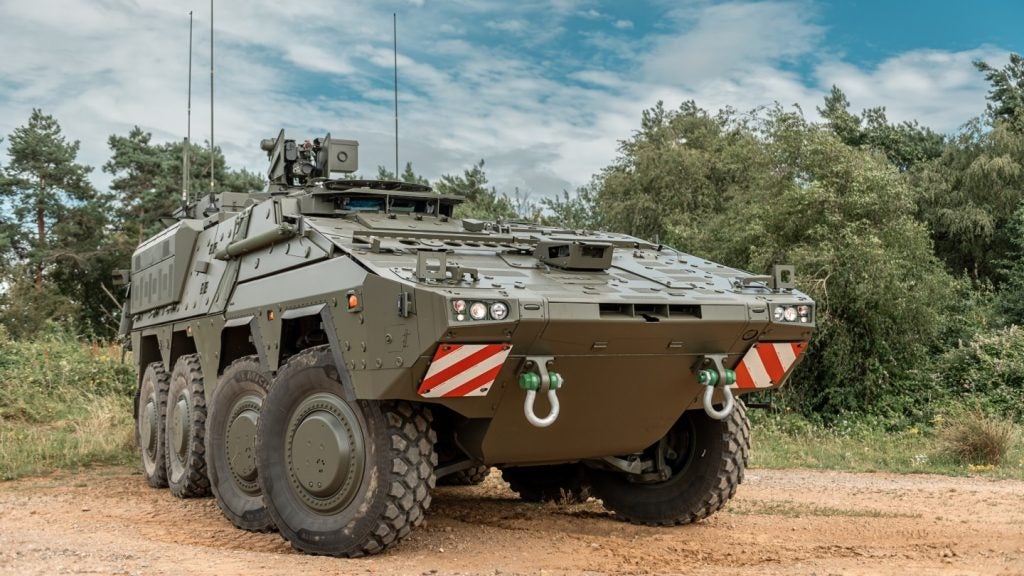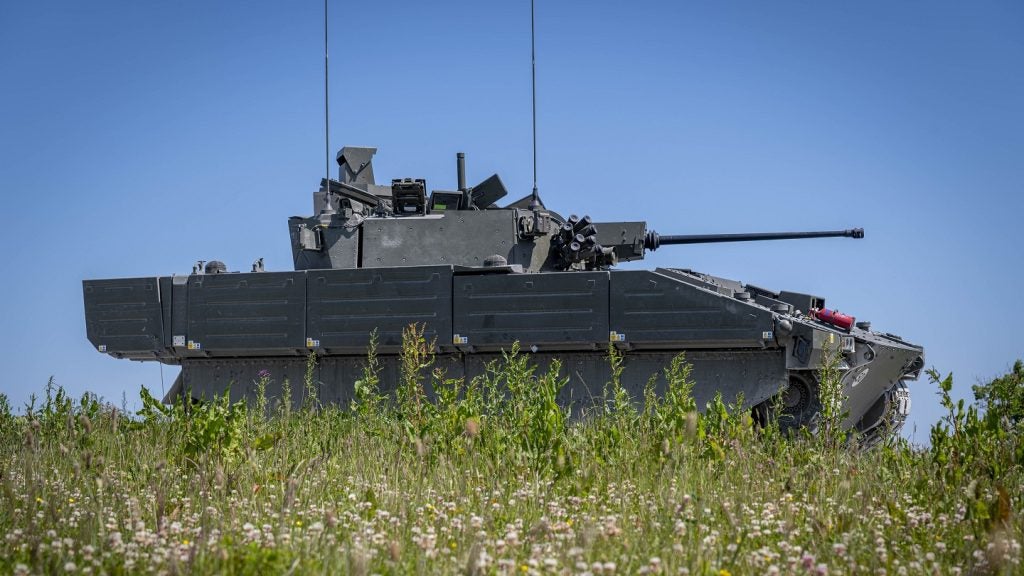
The Defence Advanced Research Projects Agency (DARPA) launched a new programme called Anaesthetics for Battlefield Care (ABC) on 12 June, with the aim of developing safe and effective anaesthetics for use in combat situations.
The programme has proposed the development of an anaesthetic that can be administered by general forces to casualties with traumatic injuries on the battlefield, without requiring specialised training.
“Combat anaesthesia hasn’t significantly changed since the US Civil War – it can be agonising, traumatising, and burdensome for the injured as well as those caring for them,” said DARPA in a release announcing the programme.
“On the battlefield, the troops have access to pain medication, but unfortunately, there is currently no safe option for general anaesthesia or sedation that would enable life-saving interventions at the point of injury.”
The reason for this is that administering any form of anaesthesia outside of a hospital setting is not considered safe, as there is no appropriate compound or combination of compounds that can be used without risk. DARPA noted that each anaesthetic currently in use possesses at least one characteristic that makes it challenging to administer in combat situations or in the absence of rigorous monitoring of vital signs, physiological upkeep, and medical intervention.
The programme is a research initiative that seeks to find a medication that would possess the qualities of being user-friendly, rapid in its response, and efficient without necessitating rigorous supervision or specialised medical knowledge in a conventional hospital environment, and induce the desired anaesthetic qualities of inducing calming, a loss of sensation, a loss of consciousness, and reduced movement.
In order to achieve its programme objectives, DARPA is set to request that performers pinpoint innovative biological mechanisms of action and fresh drug compounds and formulations that can selectively target the anaesthetised state, without affecting blood pressure, cardiac output, and respiratory drive.
The programme aims to delve into the mechanistic underpinnings of anaesthesia, spanning from the molecular to the anatomical level, to develop a novel drug that specifically targets the mechanisms involved.
“Anesthetics for Battlefield Care is de-risking a problem that while targeted to the US Department of Defense, will be disruptive to all of medicine. It could benefit first response from rural emergency services, to air medical services, all the way to level I trauma centres,” noted Michael Feasel, ABC program manager. “This program seeks to support life-saving interventions to be employed earlier, closer to the point of injury, enabling better outcomes for all patients, whether warfighter or civilian.”
The programme is comprised of two distinct phases. The first phase is dedicated to discovery, during which teams will explore and uncover new targets and mechanisms that play a role in anaesthesia and contribute to its effects. The goal of this phase is to validate these targets and mechanisms. The second phase of drug development is centred on the chemical process of creating novel drugs that operate through innovative mechanisms, as revealed during the discovery phase.
DARPA has announced that it will collaborate with independent verification and validation (IV&V) partners and regulatory agencies, such as the US Food and Drug Administration, to ensure the optimal development and efficacy of drugs produced under its programme. The selected performers will work closely with these entities to increase the likelihood of success.
IV&V partners are set to play a crucial role throughout the programme, particularly in the assessment of candidate drugs in animal models of trauma towards the program’s conclusion.







